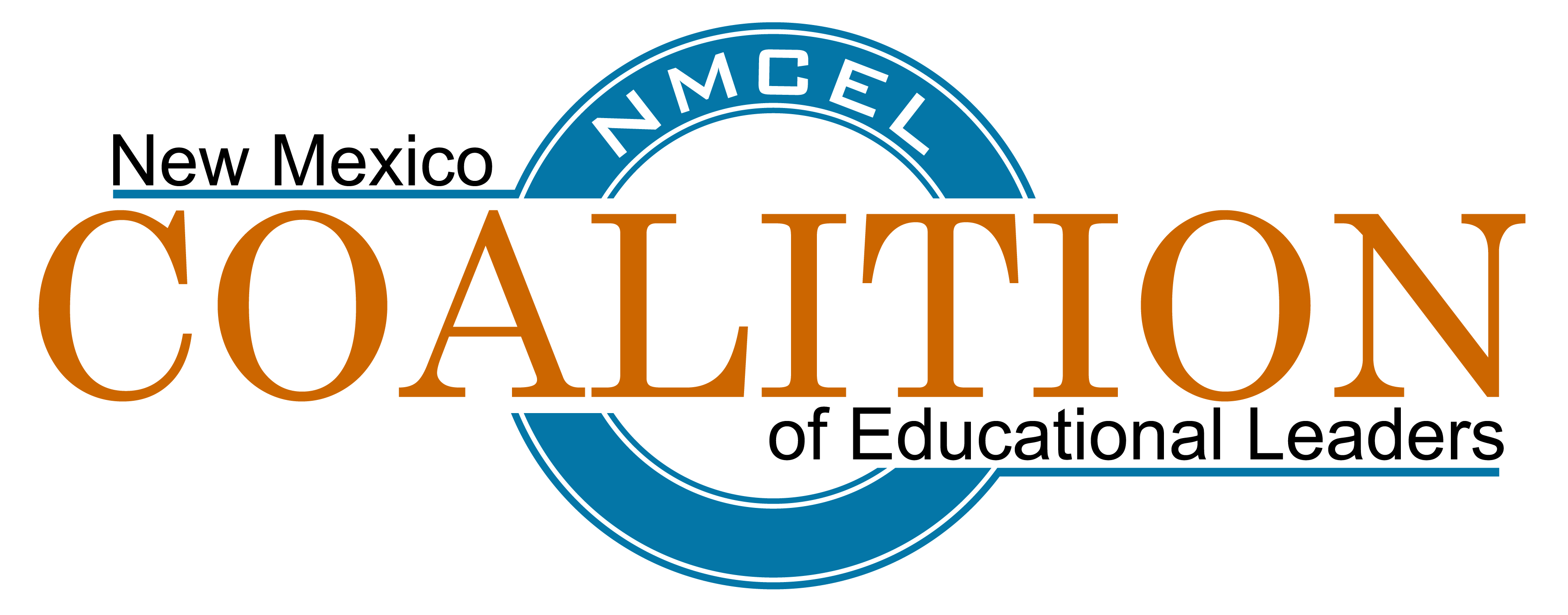Colleagues:
As I prepare this Straight Talk, the Legislative Session is halfway complete. The early indications are that public education and early childhood are the two highest priorities along with planning for the financial future of New Mexico. Legislation is moving through on the education front that continues K-5+ and Extended Learning (ELT), Increases At-Risk funding to a 0.3 factor, provides differentiated pay for teacher mentoring, finally finishes funding of elementary PE, continues enhanced funding of instructional materials, increases compensation for public school employees by an average 4% and an average 5% for instructional staff, continues to fund transportation in the manner it has in prior years, provides supplemental emergency funding at a higher level than this year (FY20), provides dual-credit materials at a 50% higher level than the current year, and funds “big bucket” below the line funding in response to the request from the PED.
A considerable amount of consideration has been placed on the new Early Childhood Department and one bill has set up a quasi-permanent fund for the department without pulling from the Permanent Fund. Attention is being paid to the early childhood services and there is likely to be an additional consideration for funding of those services.
Overall, for public education, there is a 7.6% overall increase in funding. In the base for a public school, the program cost the increase is at 6.1%, at this point. Still to be resolved is the issue of Impact Aid and the credits taken by the current funding formula. There appears to be a focus on reimbursing districts for some portion of their credits through a parallel funding process and not changing the SEG calculation process. There has been some consideration given to allowing all credits to be considered for this parallel process which would benefit all districts to some extent. More to come in this area.
Legislation is passing through that may fix the retired teacher substitute problem. The bills would set a 90-day layout period for retirement before a teacher could come back to substitute. They would be limited to no more than 90 days of substituting in a year and would be restricted to an income not to exceed $15,000. Retiree Health Care funding is also moving forward. The HAFC stripped an appropriation at the request of the RHCA and then approved the rate increase for employees and employers. Right now, employees pay 1% of their salary into the fund – this will rise to 1.17%. The employer is currently paying a 2% match and will now pay 2.32%. This will assist solvency until 2050.
As things move forward, we will continue to send updates and post information on the website. I expect to see several superintendents at AASA in San Diego.
Best Regards,
Stan

